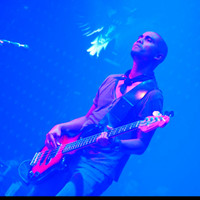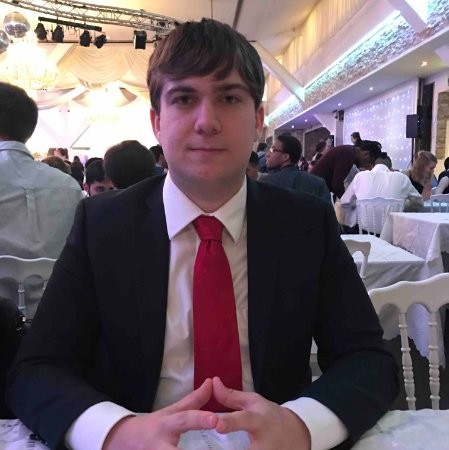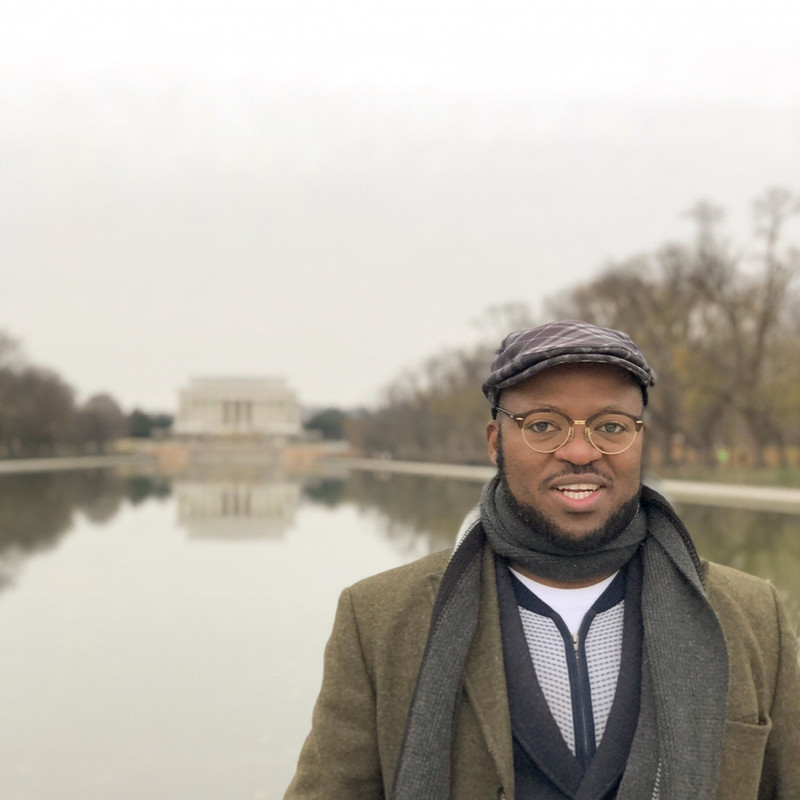Nicolas Maduro's Email & Phone Number
President of Venezuela
Nicolas Maduro's Email Addresses
Find personal and work emails for over 300M professionals
Not the Nicolas Maduro you were looking for? Continue your search below:About Nicolas Maduro
📖 Summary
Nicolas Maduro, the President of Venezuela, is a controversial figure who has held power amid a multitude of challenges and political turbulence. Born on November 23, 1962, in Caracas, Venezuela, Maduro began his career in politics as a bus driver and labor union leader before rising through the ranks of the socialist party.
Maduro's political journey began in the late 1990s when he joined the Fifth Republic Movement, a political party established by the charismatic leader, Hugo Chávez. He quickly became a trusted ally of Chávez, serving as his foreign minister and later as vice president. Maduro's loyalty and commitment to the ideals of Chávez were evident, and when Chávez passed away in 2013 after a lengthy battle with cancer, Maduro assumed the presidency.
However, Maduro's presidency has been plagued by economic downturn, widespread corruption, and allegations of human rights abuses. Venezuela, once an oil-rich nation, has faced a severe economic crisis under Maduro's leadership. The country's hyperinflation, food and medicine shortages, and soaring crime rates have sparked massive protests and unrest among its citizens. Many blame Maduro's socialist policies, mismanagement of the economy, and heavy reliance on oil revenues for the country's dire situation.
Internationally, Maduro's presidency has been marked by strained relations with the United States and numerous other Western countries. The U.S. has accused Maduro's government of human rights violations, including the suppression of free speech, political dissent, and the imprisonment of political opponents. These accusations have led to economic sanctions imposed on Venezuela, exacerbating the country's economic struggles.
Despite facing internal and external challenges, Maduro has managed to cling to power through a mix of strategic maneuvering and strong support from the military. He has consolidated power by creating a parallel legislative body, the National Constituent Assembly, effectively sidelining the opposition-controlled National Assembly. Critics argue that this move eroded the foundations of Venezuela's democracy, leading to increased authoritarianism.
Maduro's presidency has also been characterized by allegations of electoral fraud and manipulating the political system to maintain his grip on power. In the 2018 presidential elections, said to be marred by irregularities, Maduro was re-elected for a disputed second term. The election was widely criticized by the international community, with many countries refusing to recognize the outcome.
Throughout his presidency, Maduro has displayed an unwavering commitment to Chavismo, the political ideology espoused by his predecessor, Hugo Chávez. He has continued the socialist policies of nationalization and wealth redistribution championed by Chávez, albeit with limited success. Critics argue that these policies have further exacerbated Venezuela's economic crisis and hindered foreign investment.
In recent years, Maduro has faced tremendous international pressure to step down, with countries such as the United States recognizing opposition leader Juan Guaido as the legitimate interim president. However, Maduro has managed to retain the support of powerful allies such as Russia, China, and Cuba, which have provided economic and political backing. This support, coupled with the continued loyalty of the armed forces, has enabled Maduro to remain in power despite widespread calls for his resignation.
Nicolas Maduro's presidency has been marked by controversy, economic collapse, and allegations of human rights abuses. While his supporters credit him with upholding the ideals of Hugo Chávez and promoting social equality, his critics view him as an authoritarian leader who has driven Venezuela into chaos. As the country grapples with its deepening humanitarian crisis and political polarization, the future of Maduro's presidency remains uncertain, with the hopes and well-being of millions of Venezuelans hanging in the balance.
Frequently Asked Questions about Nicolas Maduro
Is Venezuela a democracy or dictatorship?
Venezuela has a presidential government. The Economist Intelligence Unit rated Venezuela an "authoritarian regime" in 2022.
Is nicolas maduro a democrat?
United Socialist Party of Venezuela Maduro was unanimously chosen as the Socialist Party's candidate in the election.
Who does the United States recognize as the president of Venezuela?
During the 2019 Venezuelan presidential crisis, Nicolás Maduro announced that Venezuela was breaking ties with the United States, following President Trump's announcement that the U.S. recognized Juan Guaidó, the President of the National Assembly, as the interim President.
Nicolas Maduro's Email Addresses
People you may be
interested in
American actress
Film producer
American actress
American singer-songwriter
Game designer
Japanese actor
Canadian actor
Internet personality
American actress and singer
Actor
American actress
Football wide receiver







